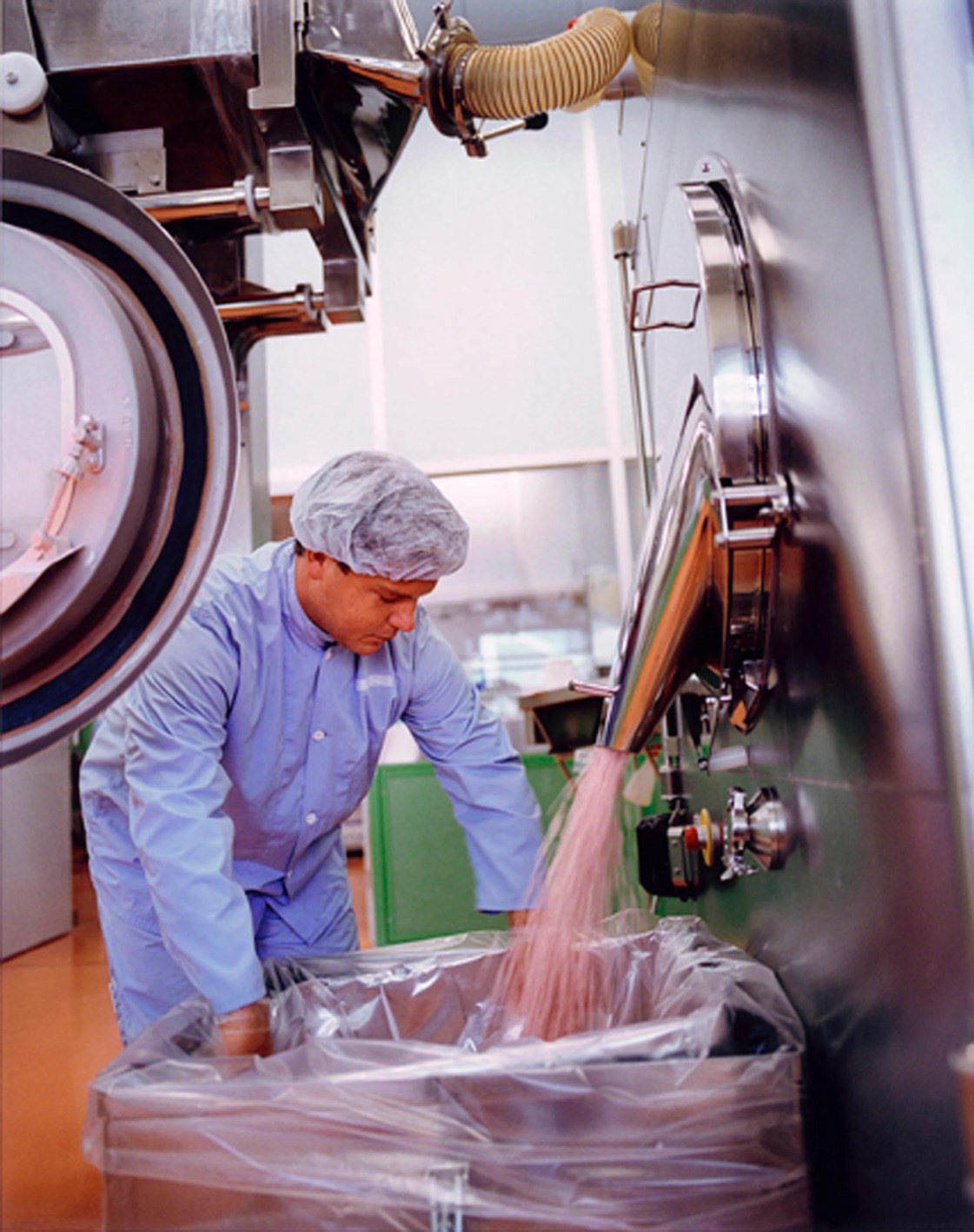Taking charge: project managers in the life sciences sector
What is the role of project managers when it comes to life sciences? What kind of challenges do they face? Does the sector’s complexity require a unique skill set?
These and other questions were debated by a group of influential life sciences project leaders at an APM round table, held at the Royal Society of Medicine. Guests included Greg Hughes, AstraZeneca’s global projects and change director, and Susie Boyce, senior project director at IQVIA and APM board member.
The discussion raised some areas where life sciences project managers face specific challenges, such as how to accelerate speed to market. “First to market has a critical advantage,” said Phil Galtry, vice president of clinical development at Syneos Health. At the same time, drug development is hugely expensive and many products never make it to market. “You can never compromise on patient safety and data privacy,” said Sue Clarke, projects director at PAREXEL, the life sciences consulting firm.
The roundtable looked at how project managers can build effective teams when life sciences is so enmeshed in intra-organisation partnership and alliances. Running virtual teams is a big, emerging new element in the project leadership mix, said Sue Clarke.
There were other, familiar issues that will resonate with all project professionals, including how to get project managers involved at the project design phase, attracting millennials into the sector and the challenge of running multiple concurrent projects.
From APM’s perspective, the question is how can APM best meet the needs of a sector specifically highlighted in the government’s Industrial Strategy? Looking at the APM Salary and Market Trends Survey 2018, the health sector sees the highest proportion of project professionals with a masters degree or postgraduate certificate (48%), followed by the education sector (41%). It also has highly experienced professionals with 30% having between 21 to 30 years’ experience in their field. This expertise and commitment to quality and qualifications is something that can be harnessed in a very specialist industry. Project managing intricate and complex life science projects is something we want to understand more about.
Rebecca Fox, Head of Commercial at APM said, "The discussion was a great first step in driving engagement in a relatively new sector for APM and creating a community of interest. There is a follow up networking event planned for project professionals in Life Sciences in January 24th 2019. If you're interested to attend or get involved, please do get in contact with me: Rebecca.fox@apm.org.uk."

0 comments
Log in to post a comment, or create an account if you don't have one already.